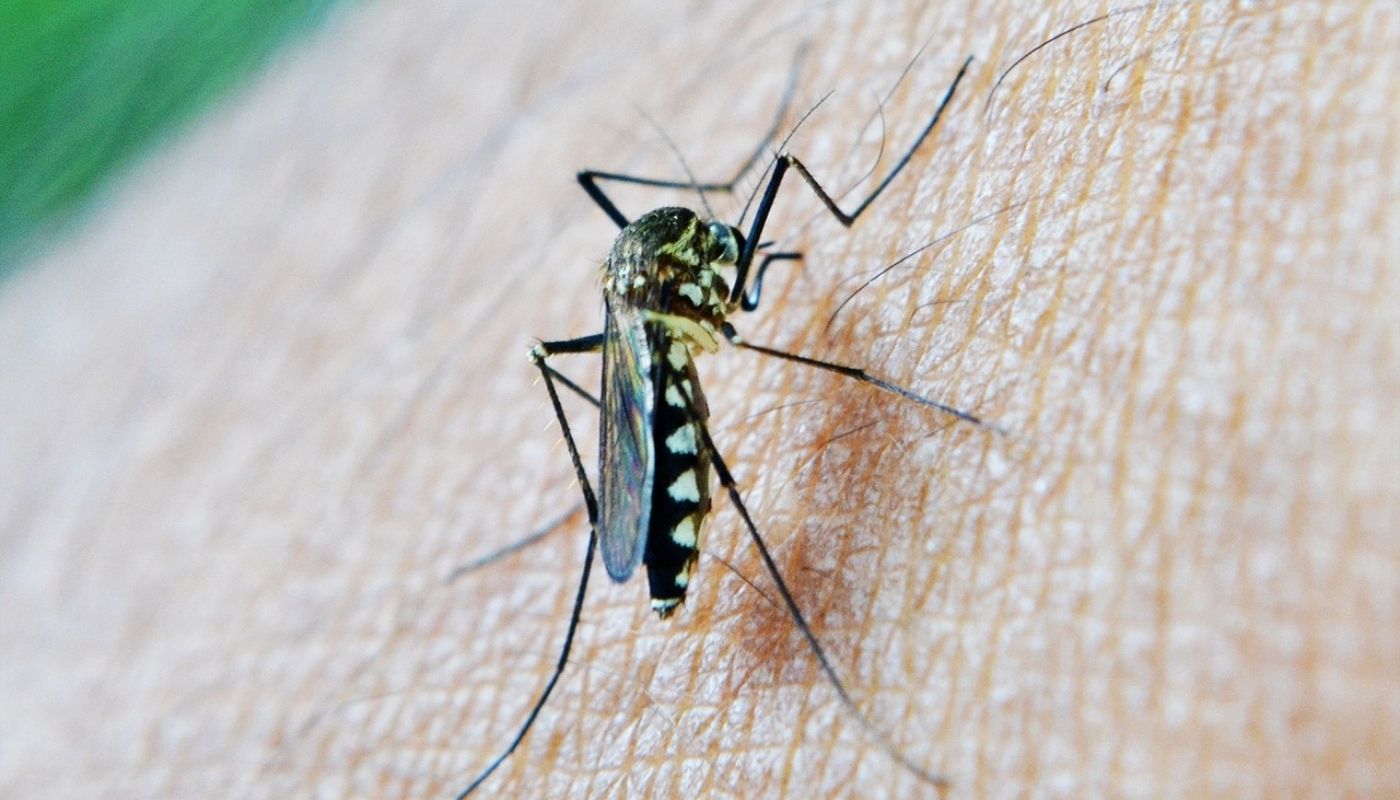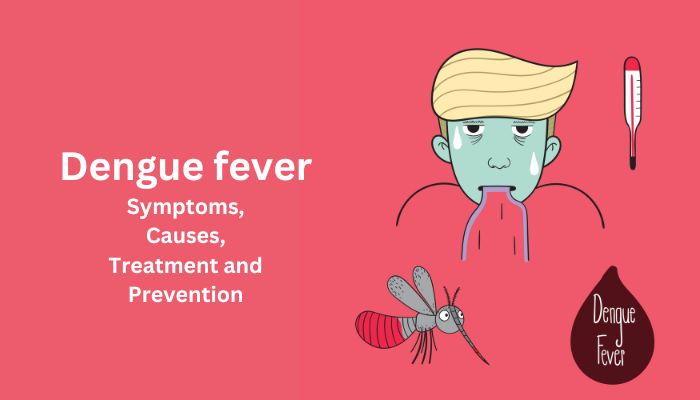Image by Mohamed Nuzrath from Pixabay
The Zika virus is a topic that has gather global attention due to its rapid spread and serious health implications. This blog post aims to provide a comprehensive yet easy-to-understand overview of the Zika virus, transmission, symptoms and prevention methods.
What is the Zika Virus?
The Zika virus is a mosquito-borne virus that was first identified in Uganda in 1947. It belongs to the Flavivirus genus, which also includes dengue, yellow fever, and West Nile viruses. Over the years, Zika virus has spread to various parts of the world, causing significant health concerns, especially in tropical and subtropical regions.
Why is Zika Virus Dangerous?
While the symptoms are usually mild, the Zika virus is particularly dangerous for pregnant women. It can cause serious birth defects like microcephaly, where a baby’s head and brain are smaller than normal. Other potential issues of zika virus include:
- Guillain-Barré Syndrome: A rare condition that can lead to muscle weakness and sometimes paralysis.
- Other Birth Defects: Beyond microcephaly, Zika can cause eye problems, hearing loss, and developmental delays in infants
How is Zika virus Transmitted?
The primary mode of Zika virus transmission is through the bite of an infected Aedes mosquito, particularly Aedes aegypti and Aedes albopictus. These mosquitoes are active during the day, making them a significant threat in affected areas. Besides mosquito bites, Zika can also be transmitted through:
- Mother-to-child transmission: A pregnant woman infected with Zika virus can pass the virus to her baby during pregnancy or around the time of birth.
- Sexual transmission: The Zika virus can be spread through sexual contact with an zika virus infected person.
- Blood transfusion: Although rare, there have been cases of Zika virus transmission through blood transfusion.
What are the Symptoms of Zika Virus Infection?
Most people infected with the Zika virus experience mild or no symptoms at all. When symptoms do occur, they usually appear within 2 to 7 days after being bitten by an infected mosquito. Common symptoms of zika virus include:
- Fever
- Rash
- Joint pain
- Red eyes (conjunctivitis)
- Muscle pain
- Headache
Complications Associated with Zika
While the symptoms of Zika Virus are generally mild, the virus poses significant risks to pregnant women and their babies. Zika Virus infection during pregnancy can cause severe birth defects, most notably microcephaly, a condition where a baby’s head is much smaller than expected, leading to developmental issues. Other potential complications include:
- Guillain-Barré syndrome: A rare condition in which the body’s immune system attacks the nerves, potentially leading to paralysis.
- Other birth defects: Beyond microcephaly, Zika can cause eye defects, hearing loss, and impaired growth in infants.
What are the Prevention of Zika Virus Infection?
There is currently no vaccine or specific treatment for Zika virus infection, making prevention crucial. Here are some effective ways to protect yourself and your loved ones:
- Avoid mosquito bites: Use insect repellent, wear long-sleeved shirts and long pants, and stay in places with air conditioning or window and door screens to keep mosquitoes out.
- Reduce mosquito habitats: Eliminate standing water in and around your home, as these are breeding grounds for mosquitoes.
- Practice safe sex: If you or your partner live in or have traveled to an area with Zika, use condoms or abstain from sex to prevent sexual transmission of the virus.
- Pregnant Women Should Be Extra Cautious: Pregnant women should avoid traveling to areas with Zika virus outbreaks. If travel is necessary, take extra precautions to prevent mosquito bites.





